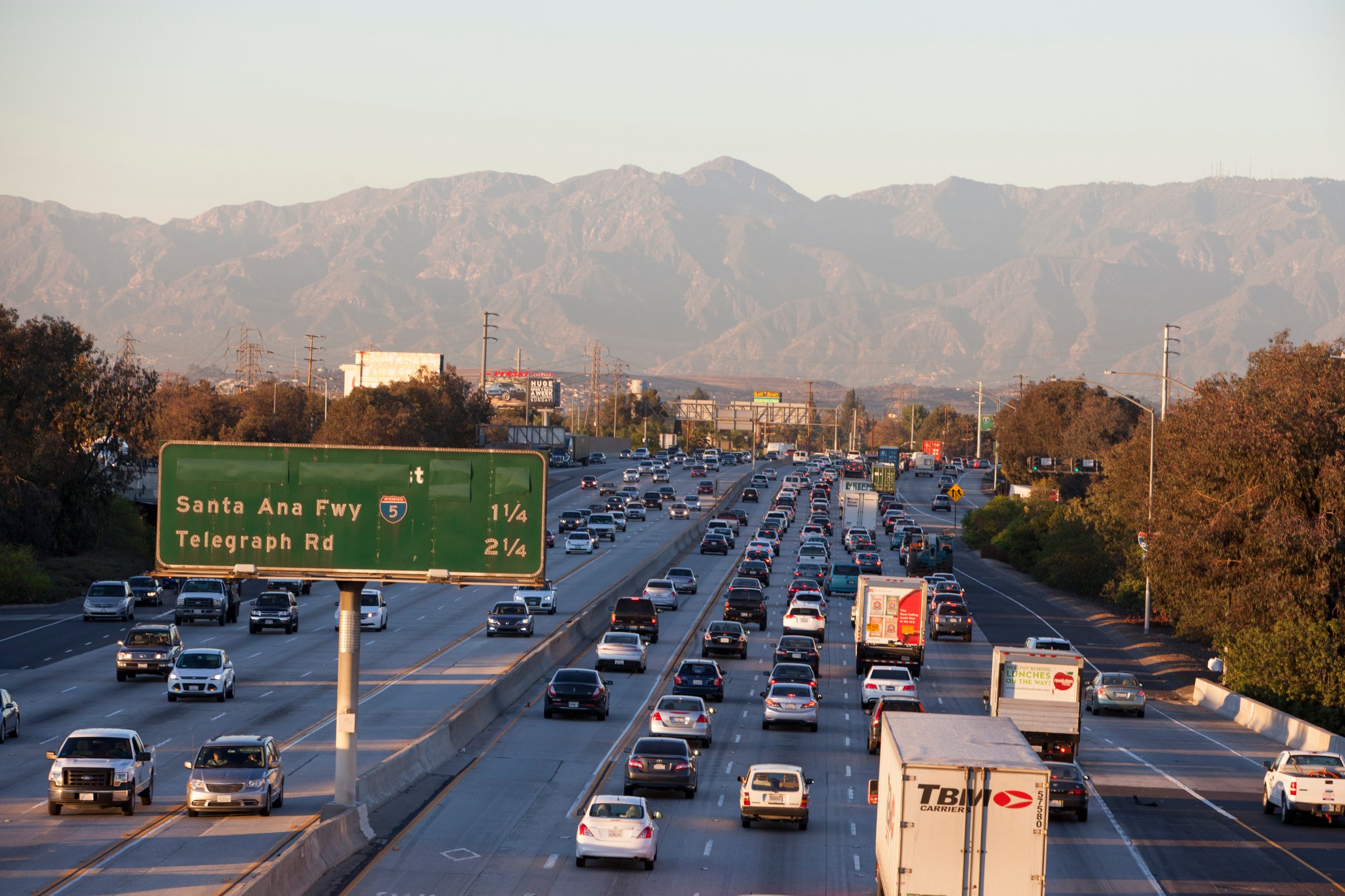
While saddling people with a long commute is quite likely to put them in a cantankerous mood, a new study out of Australia has also found that some people actually look forward to their daily transit because it provides a bit of much-craved alone time.
Additionally, commuting can be a positive social experience; even though people generally don’t talk with each other, subtle body cues like smiles, frowns and glances help people feel more connected.
“Public transport can be an especially valuable space for being with other people. It can help prevent social isolation,” project author Dr. David Bissell told Australia National University.
But there is a flip side.
Long hours commuting can also cause distrust and depression, even altering how people interact with friends, family and colleagues, says the study.
A key takeaway from Bissell’s research is that stressful commutes directly, and negatively, impact people’s lives. The study cites examples like “tipping points where people change their route or mode of travel, or even move house.”
For the study, Dr. Bissell interviewed 53 commuters for whom commuting was a significant part of their life. He also interviewed 26 “stakeholders” like policymakers and transport advocates. He then went through two “week in the life” experiments in Australia.
“Hopefully it will be a bit of a wakeup call to employers in terms of managing this situation,” he said.
More Must-Reads from TIME
- Cybersecurity Experts Are Sounding the Alarm on DOGE
- Meet the 2025 Women of the Year
- The Harsh Truth About Disability Inclusion
- Why Do More Young Adults Have Cancer?
- Colman Domingo Leads With Radical Love
- How to Get Better at Doing Things Alone
- Michelle Zauner Stares Down the Darkness
Contact us at letters@time.com